11 Controversial Books That Changed The World
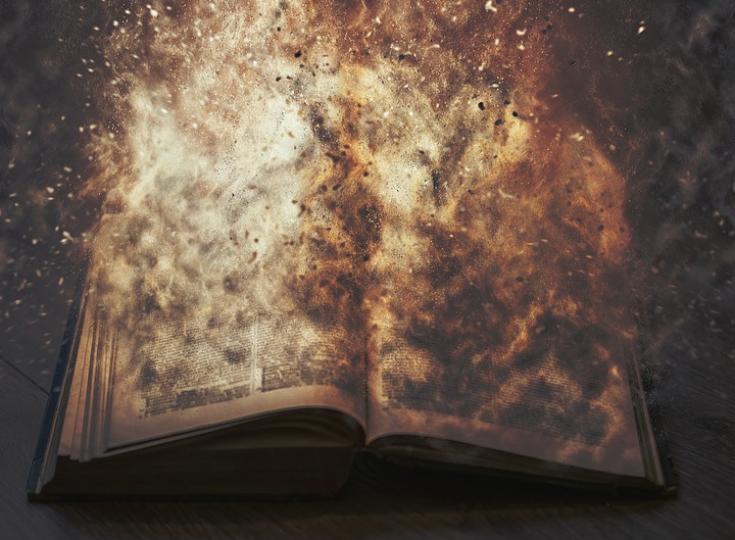
If you look at our world history, the saying "the pen is mightier than the sword" has certainly proven true in many events. Books like the Torah, the Bible, Quran and Tao Te Ching by Lao Tzu have all influenced the world religions as we know them today and inspired people throughout the ages. But there were many other books that also influenced the way people think and ended up changing the world in some form or another. In this article, we are specifically going to look at some of the books that caused controversy.
1. Dialogue Concerning the Two Chief World Systems
by Galileo Galilei (1632)
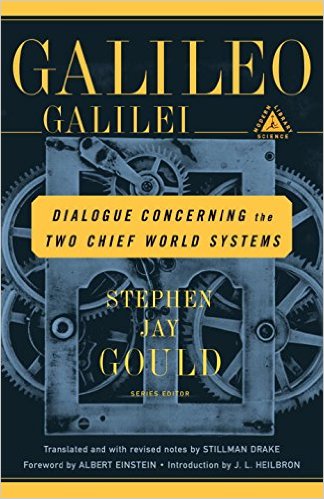
Although Galileo Galilei wasn't the first person to come to the conclusion that the Earth revolves around the Sun and not the other way round, his writings were the first to be taken seriously - and to spark controversy. When Copernicus first came up with the idea, nobody believed him, and some astronomers say that he probably didn't believe himself. Galilei's work, however was the first published science on observations made through a telescope and caused a lot of ripples in the science world. Because of his writing, Galileo was charged by the Roman Inquisition and found guilty of heresy. He was forced to recant his views, his Dialogue was banned and he was put under house arrest for life. Ages after his death, however, his contribution to astronomy still stands.
2. The Rights of Man
by Thomas Paine (1791)
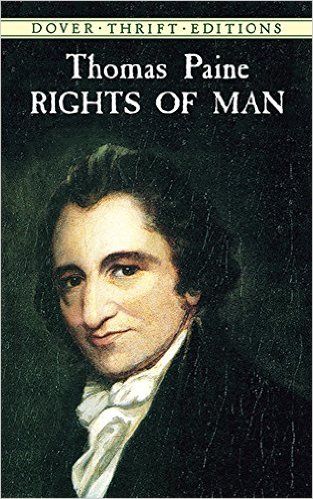
Thomas Paine's was an Englishman whose writings greatly influenced American Democracy. He believed that the main purpose of a country's government is to protect every citizen's irrefutable rights. According to Paine, any institution that does not benefit a nation is illegitimate, including nobility, the military establishment and the monarchy. Despite Paine's inability to speak French, he was elected to the French National Convention during the French Revolution. His book, The Rights of Man, was published while he was absent from England. This was fortunate for him because it caused such uproar in Britain that he was put on trial in his absence and convicted of the crime of seditious libel against the British crown.
3. The Kama Sutra
by Vatsayana (400 - 600)
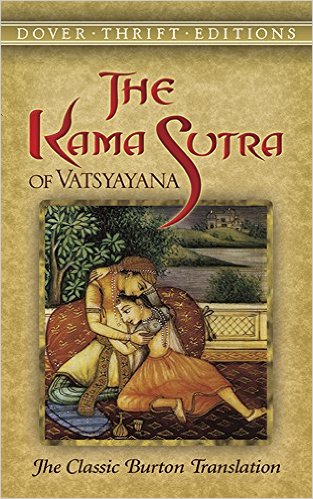
One of the most controversial, vulgarized and misunderstood ancient books, the Kama Sutra is widely considered to be the standard work in Sanskrit literature on human sexual behavior. Most parts of the book are written in prose and, interestingly enough, only 20% of the book is about sexual positions. The rest is all about the philosophy of love, what triggers and sustains desire between a man and a woman. The Kama Sutra is seen by scholars as one of the most complete works on sexual psychology that has been written, but in 20th-century culture, it is depicted as a sex manual and encyclopedia of acrobatic positions.
4. The King James Bible
Completed in 1611

The King James Bible might not strike you as a very controversial book but, in its time, there were some people who were very much against it. It still sparks some controversy today. Back when it was printed for the first time, the King James Bible was the first bible to be commissioned by a monarch, in an attempt to reflect the structure of the new Church of England and its belief in an ordained clergy. The KJV was not recognized by the Catholic Church at all. Today, there is still a hot debate about this version of the Bible because some Christians believe that the KJV is the only "inspired" translation and that all other translations are tainted by conspiracies. The KJV has been one of the most influential books in the English language, contribution 257 idioms - more than Shakespeare or any other single source.
5. Travels of Marco Polo
by Rustichello da Pisa (1254−1324)

The travels of Marco Polo, detailing Marco Polo's adventures on the road between Venice all the way up to China, in the court of Kublai Khan, has been a great inspiration to other adventurers. Christopher Columbus, for instance, always carried a copy of the book with him. Polo introduced Europeans to Chinese innovations such as a postal service, coal, eyeglasses and paper money and the maps he brought with him helped to develop European cartography. The book has, however, been questioned by skeptics plenty of times who don't believe that Marco Polo actually made it all the way to China. His status as described in the book is also under question because Chinese historical books don't mention his existence. Some people say Polo simply mixed his experiences with hearsay stories and weaved it into a tale where he is the great hero.
6. On the Origin of Species
by Charles Darwin (1859)
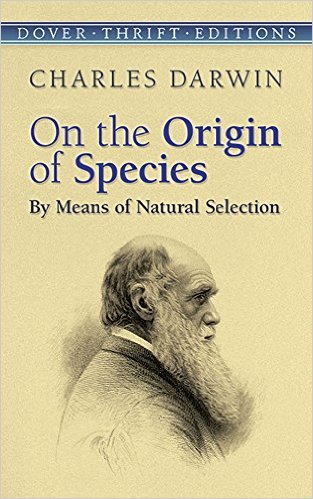
Charles Darwin's book is considered by many biologists to be a seminal work in evolutionary biology, proposing that species evolve through natural selection over time. At the time, the book contradicted many religious beliefs on biology and caused some outrage. It has, however greatly influenced the way many scientists think and helped to evolve the scientific theory of evolution. The controversy between creationists and evolutionists is still the source of many heated debates today.
7. Das Kapital
by Karl Marx (1867)

Karl Marx has always caused a lot of controversy with his way of thinking. He was known as a radical and even dangerous philosopher. In Das Kapital he questions everything the Western Society has been built upon. The book is a critical analysis of capitalism and claims that it exploits workers and that change is an absolute necessity. Marx's writings have laid the basis of many a communist movement and have completely changed the way certain countries are governed.
8. The Grapes of Wrath
by John Steinbeck (1939)
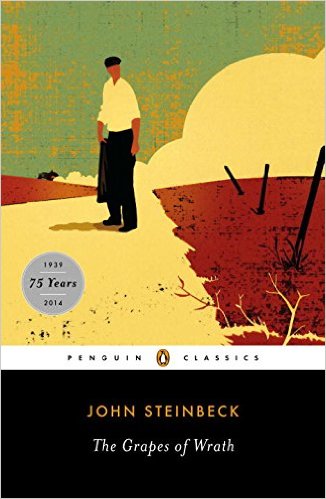
This Pullitzer Prize winner told the story about the devastating effects the Great Depression had on the rural poor. Although the book was popular in literary circles, the general public didn't share that sentiment. People were so appalled by the book that they publicly banned it and held mass burnings. Steinbeck was called a socialist and propagandist from both the right and the left of the political spectrum. The Associated Farmers of California were particularly upset with Steinbeck for the way he depicted California farmers' conduct and attitudes toward the migrants. Grapes of Wrath is arguably one of the most thoroughly discussed piece of 20th century American literature. It is still read in college and high school literature classes today because of its historical context.
9. To Kill a Mockingbird
by Harper Lee (1960)
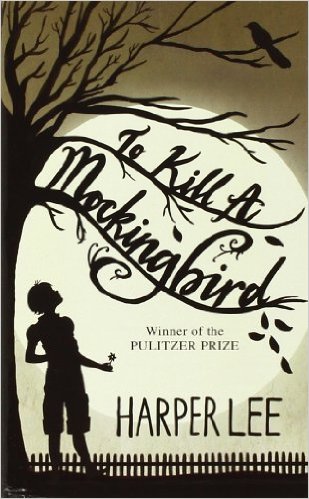
After it was published in 1960, To Kill a Mockingbird instantly became a huge success and is known today as a modern classic. The story is loosely based on events of the author's childhood and the main themes are the destruction of innocence and racial injustice. In the book Lee also touches on issues of courage, compassion, class and gender roles in the Deep South. Today, the book is widely taught in schools across the globe, with lessons that decry prejudice and emphasize tolerance. However, To Kill a Mockingbird has also been called a profanely racist and degrading work that "promotes white supremacy." There has been plenty of campaigns to remove the book from U.S. classrooms because of its use of racial epithets.
10. Silent Spring
by Rachel Carson (1962)
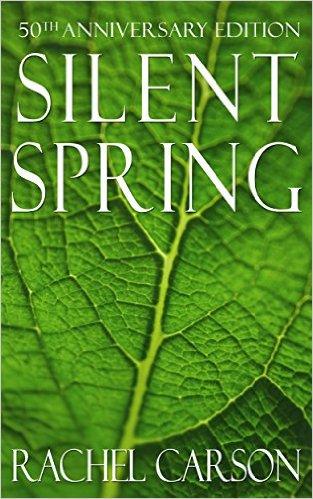
Rachel Carson forever changed the way pesticide is used. Her book, "Silent Spring" sparked a reversal in the pesticide policy in the U.S. and led to a ban on all DDT use on agriculture in the country. It helped change many laws that affected our water, land and air. The book documented the adverse effects pesticides have on human health and the environment and claimed that the chemical industry was disinforming the public. Not surprisingly, Carson received fierce opposition from the chemical industry. DuPont, which was a major DDT manufacturer at the time, compiled an extensive report on the press coverage the book received to determine how it would impact public opinion. Velsicol threatened to sue The New Yorker, Houghton Mifflin and Audubon, should they feature Silent Spring. Some companies and organizations defended the use of pesticides in brochures that were spread everywhere.
11. The Second Sex
by Simone de Beauvoir
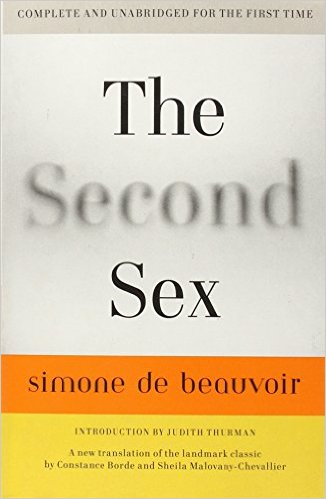
The Second Sex is regarded as one of the main influencers that started second-wave feminism. She published the book in two volumes and her views about men and women were quite controversial at the time. It is a work that is still taught in college and university today, but also still remains on the list of banned books by the Vatican. Even feminists don't all agree on some of De Beauvoir's theories, with some complaining that the book adheres to a "male" notion of equality.
Whether good or bad, whether you agree with them or not, one thing is for certain - the world might have been a much different place if the above mentioned books had not been published. Authors don't always realize the power that lies in their words.








